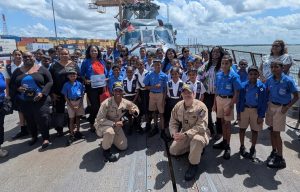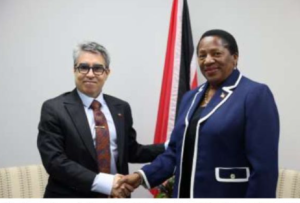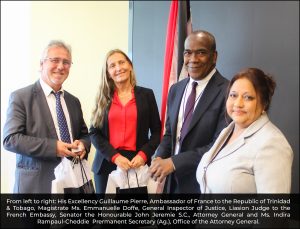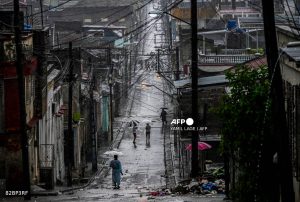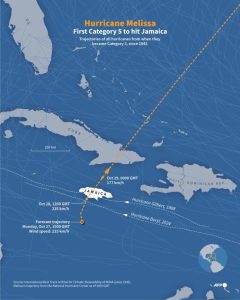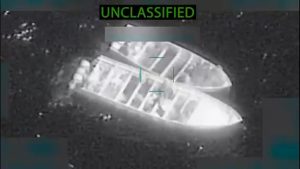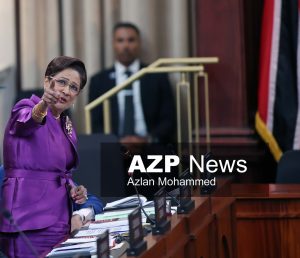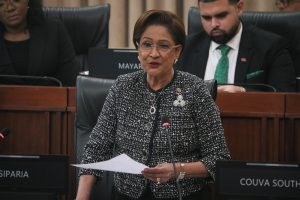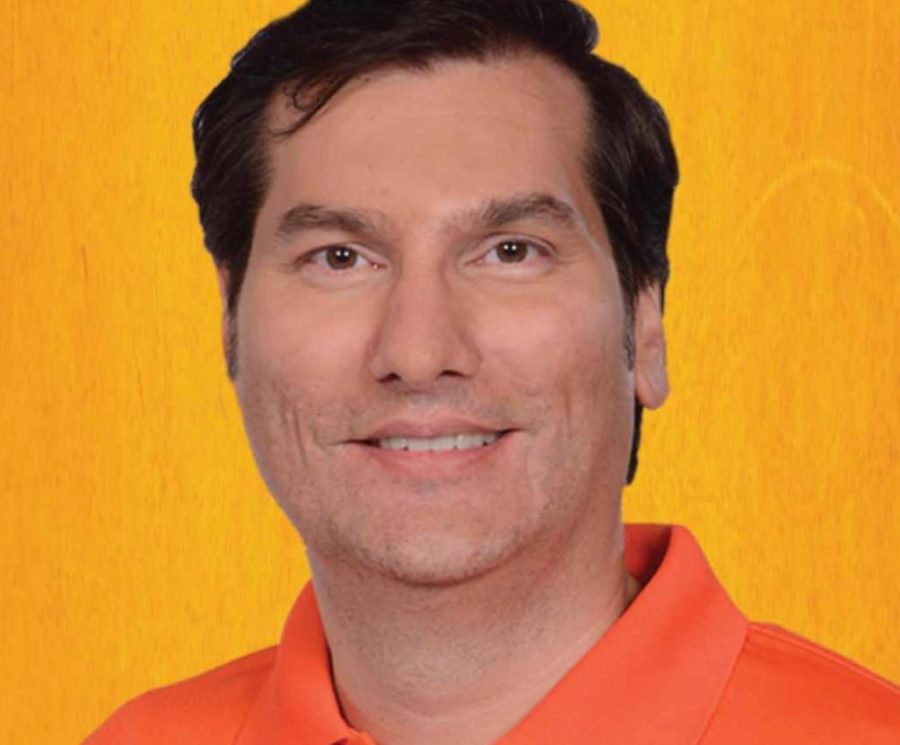
THE active issue is the environmental damage to Tobago’s ecosystem that will take generations to resolve. This oil spill was first reported on February 7, 2024 and has reached tier 3 without any identification of the owners of the vessel involved in this disaster.
The information at hand is that the fuel could be bunkering fuel but really at this stage we are all wondering why is it so hard for us to find out who was responsible. There is an alleged international issue of a possible breach of international trading sanctions by the owners of the vessels with a sovereign sanctioned nation i.e. Venezuela by possibly an international company or the owners of the tug boat with unknown representatives for the sale of heavy fuel oil to sell to other vessels.
Other speculators say the barge was heading to Guyana to sell its fuel but up to now, three weeks after the massive disaster and after the oil from the Tobago spill has entered the marine area of Grenada, killing and destroying everything in its part, we still can’t get any answers.
Heavy Fuel Oil (HFO) which we believe is the fuel, is a residual fuel that comes about during the distillation of crude oil.
HFO is used by most of the ships in service today. Heavy fuel has its advantages especially that it is relatively inexpensive. In fact, it is typically approximately 30% cheaper than distillate fuels such as marine diesel oil or marine gas oil.
What is alleged is that the vessel involved in this accident, the Gulfstream, is possibly not of an open ocean going class. It instead is used to transport large quantities of liquids (oil/ fuel etc) by a tug.
If the Gulfstream was being used off the coast of Tobago, the main question is why? If it was heading to Guyana then we want to know why too. However, for the vessels to be moved it would have to be pulled i.e. towed by a tug to this location.
Then, anyone that knows about vessels will ask an obvious question, what is the IMO number? The IMO ship identification number scheme was introduced in 1987 through adoption of resolution A. 600(15), as a measure aimed at enhancing “maritime safety, and pollution prevention and to facilitate the prevention of maritime fraud.”
Its purpose was assigning a permanent number to each ship for identification purposes. Evidence of a bridle was mentioned, but needs to be confirmed by either the government, the THA or University of North Carolina divers. We have not heard much more about this again. (There must be maritime tracking available to indicate if a tug was employed and who the owners of tug are)
Many questions swirl around this subject such as why use the coastal waters of Tobago? Is the radar system working or is it not working, if so why haven’t we been given the information? Where did they purchase the HOF (heavy oil fuel) to put in the barge vessel? Does Panama sell the HOF (heavy oil fuel)? Do these vessels, the tug and the barge frequent Tobago waters and if so why? Will the radar readings have that information on record, if these vessels have entered these waters before and how many times?
A tug does not have the fuel capacity to return to Panama or anywhere else after reaching T&T waters, so it would have to be refueled somewhere or some port close to .
The whole system to find the owners of the vessels seems broken and there are just too many questions with no answers. With this national disaster, I believe that the Prime Minister of Trinidad and Tobago should do his utmost best to ensure we find out who is responsible and make them pay compensation for their actions. The destruction of our ecosystem and the pollution of our waters will affect our future for generations to come.
Neil Gosine is an insurance executive. He was appointed a temporary Opposition Senator and is also the treasurer of the UNC and a former chairman of the National Petroleum Marketing Company of Trinidad and Tobago. He holds a Doctorate in Business Administration, a Master’s in Business Administration MBA, BSC in Mathematics and a BA in Administrative Studies. The views and comments expressed in this column are not necessarily those of AZP News, a Division of Complete Image Limited.

Support journalism. AZP News is an independent news organisation that is not affiliated with any big business and depends solely on advertising to pay our bills. Therefore, we are asking for the generosity of our readers to help us with small donations of any amount, but we will be happy with $20, $50 or US$100. Click Here to Donate
![]()





